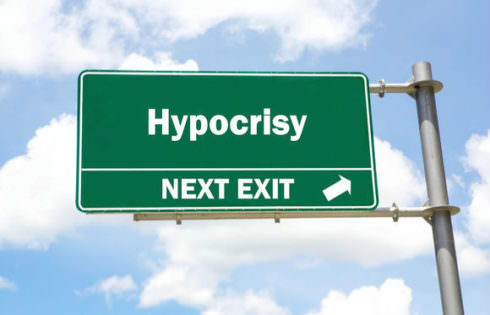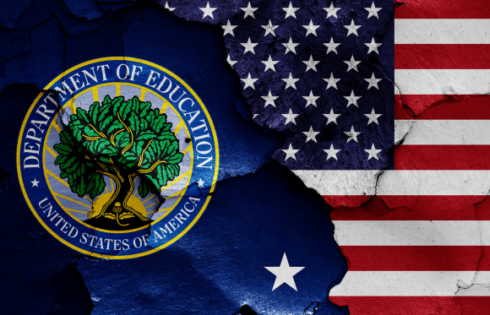
OPINION: If you share a political post on Facebook, I think less of you
It’s not that I mind people discussing politics online. I’ve done it, and in a few of those cases I’ve even enjoyed it. It’s the particular act specific to Facebook of “sharing” that infuriates me.
I have some friends who have interesting, considered and personal political views from vastly different points on the political spectrum. Regardless of what position they’re arguing, if one of these interesting people posts something, I’ll probably read it. Agree or disagree, it’s enriched my day, and probably made me a better person.
Then there are the smug hordes made up of otherwise decent people who plaster glib headlines and snarky memes all over my news feed as a way of signaling their virtue to as large an audience as possible with minimal energy. (I should note at this point that most of the articles shared are from websites like Vox, Salon and Huffington Post, who maintain their journalistic integrity by carefully managing their ratio of political commentary to cat gif listicles.) These people are my friends, but their laziness is shameful.
The first problem is one of tone. People give the verbal garbage they post captions sanctimonious enough to make Paul Krugman grimace. Take recent examples from my news feed: “This says it all” and the ever popular and insurmountably smug, “This.” In other words, “If you don’t subscribe to this particular piece of vapid propaganda I read a quarter of, you’re on a lower moral plane than me.” Well, no, I’m not actually.
What’s more, I know more than you do about politics. That’s not to say I’m a better person, just that this happens to be my specialty, what I study, the field in which I work. You would have the same attitude toward me if I started preaching to you about, say, marketing, or the use of iconography in the work of Hans Holbein. I know nothing about these subjects, so if I did have an opinion, I certainly wouldn’t consider myself morally praiseworthy for holding it.
If I formed an opinion based on scant evidence and only a casual familiarity with the issue, chances are my opinion would miss the real issues of the field. If anything, I should feel ashamed that I put an idea out in the world that did absolutely no good at helping anyone to understand anything any better.
The second problem is one of thought. I read long political Facebook posts written by people I know because they’re fascinating. Politics is, in many ways, an expression of psychology, which makes anyone’s considered opinion inherently interesting. Why else would we spend so much time pouring over polls?
Sharing some sloppy excuse for commentary, by contrast, isn’t a considered opinion. It’s unconsidered to the extent that it counts as an opinion at all. An opinion requires thought and reflection, whereas the process that clicks the “share” button exists only between the forefinger and the brain stem.
If people sat down and thought about it for a minute, they’d probably realize that mindless groupthink is probably not the best thing for democracy. Then again, that may be asking too much.
Like The College Fix on Facebook / Follow us on Twitter






Please join the conversation about our stories on Facebook, Twitter, Instagram, Reddit, MeWe, Rumble, Gab, Minds and Gettr.